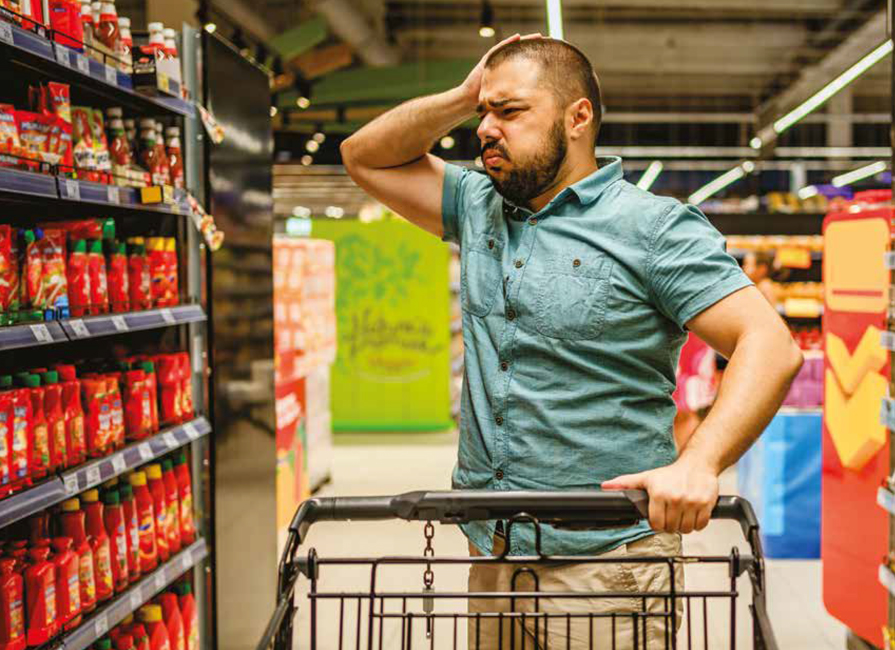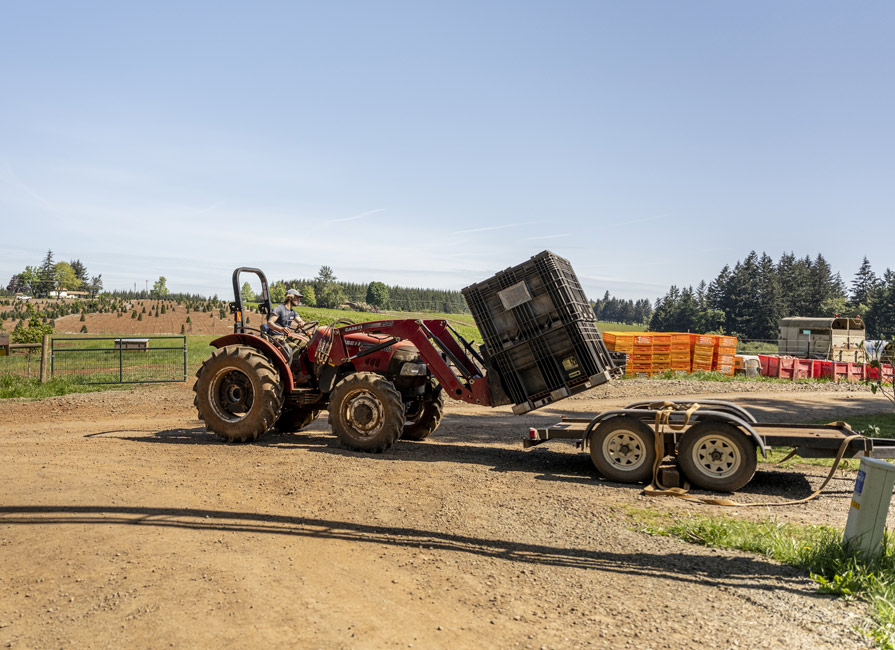One of the key attractions of our Certified Regenerative by AGW program is its practical…
For Meat, Eggs and Dairy, USDA Organic Has Officially Sold Out. Here’s What You Can Do.
 The United States Department of Agriculture (USDA) has just officially announced the withdrawal of the Organic Livestock and Poultry Practices (OLPP) final rule. This rule, set to come into force this year, would have introduced a range of (albeit relatively meaningless) improvements to the Organic standards concerning animal management and welfare.
The United States Department of Agriculture (USDA) has just officially announced the withdrawal of the Organic Livestock and Poultry Practices (OLPP) final rule. This rule, set to come into force this year, would have introduced a range of (albeit relatively meaningless) improvements to the Organic standards concerning animal management and welfare.
For years, we at A Greener World (AGW) have been helping to distinguish Organic farmers with real credentials on animal welfare with our label, Certified Animal Welfare Approved by AGW. While the proposed changes under the OLPP were by no stretch of anyone’s imagination meaningful, they were at least a (very small) step forward–on a very long road yet to travel–toward meeting consumer and farmer expectations. Now even this minimal step forward is dead in its tracks.
How could this happen? According to a nationally representative survey by Consumer Reports, the majority of people believe an Organic label on food animal products should mean high-welfare management [i](it doesn’t). What’s more, truly Organic producers have actually asked for stricter guidelines around animal welfare: The OLPP was supposed to be the outcome of over a decade of collaboration between organic farmers, retailers and others who sought higher welfare standards for Organic livestock. During the recent public comment period, the vast majority of comments on the rule supported its immediate implementation.[ii] But after months of delay, the USDA has now withdrawn it completely.[iii]
In a statement, USDA said that implementing the new OLPP rule might cause producers to leave the program. This is perplexing since the whole point of a certification program is to hold systems to meaningful standards. If some Organic producers aren’t meeting expectations, wouldn’t their absence strengthen the label?
So, who and what does this decision benefit? Not the consumers who expect more from an Organic label that is eroding beyond all recognition. Not the higher-welfare Organic farmers seeking to distinguish themselves in the marketplace. And obviously not the millions of Organic farm animals kept in low-welfare industrial systems where tail-docking, routine confinement, beak-trimming and feedlots are routine practices. (If this shocks you, check out our Food Labels Exposed guide to get up to speed.)
Not surprisingly, the beneficiaries of this decision are the corporations and industrial producers who enjoy a market premium being certified Organic while doing all they can to bend and dilute the organic rules to their benefit and doing little more than feeding Organic food in confinement systems. These companies use the same intensive management practices associated with industrial farming systems, keeping many thousands of dairy cattle, pigs and poultry in confinement operations, with the ever-so-slight difference of substituting Organic feed. (They also completely prohibit antibiotics, which can leave sick animals untreated and negatively impact welfare.)
The reality is the USDA decision will hurt thousands of independent farmers who reflect the original spirit of the Organic standards, disenchant consumers and damage the Organic industry as a whole—perhaps irreparably. As has been the case for decades, producers going beyond the depressingly low baseline of U.S. Organic standards need an additional third-party certification to demonstrate high-welfare practices. This was true when we first launched Certified Animal Welfare Approved by A Greener World—the only “highly meaningful” welfare label[iv]—and remains true for the foreseeable future.
If you’re among the majority of consumers who think Organic should mean high-welfare, you’ve just been sold out. But you still have the power to choose which labels you reward with your food dollar. In fact, as an informed consumer you have more power than anyone to shape the food system. Use it wisely.
___________________________________________________________________________
[i] http://greenerchoices.org/wp-content/uploads/2017/04/2017-Animal-Welfare-Survey-Public-Report.pdf [ii] https://www.federalregister.gov/documents/2017/11/14/2017-24675/national-organic-program-nop-organic-livestock-and-poultry-practices [iii] https://www.usda.gov/media/press-releases/2018/03/12/usda-decides-not-impose-additional-regulatory-requirements-organic [iv] http://greenerchoices.org/2016/11/16/awa-label-review/

